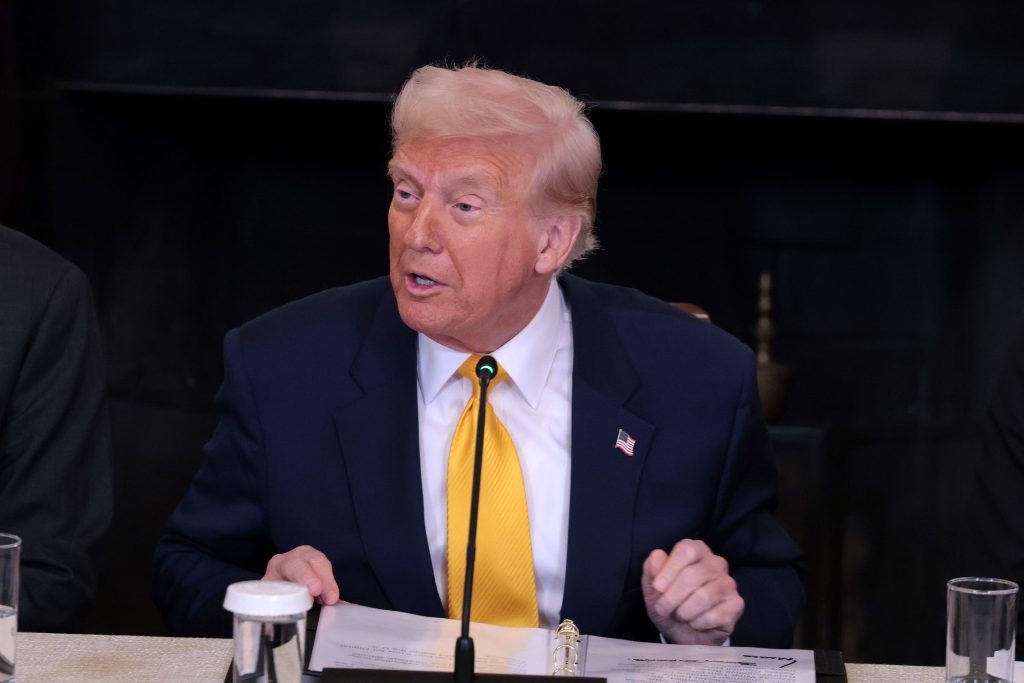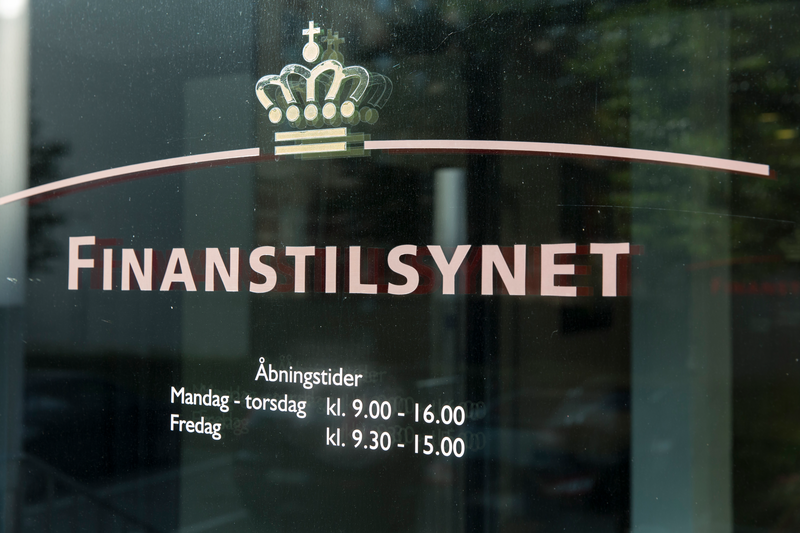The UK’s top financial regulator, the FCA, has called for “Improving our understanding of how financial services regulation affects economic growth.” The message comes at the end of a week that saw the regulator being criticised heavily for its role in drawing foreign investment and helping economic growth.
It has been a tough week for regulators in the UK. And it all started with an International Investment Summit on Monday hosted by the government at London’s historic Guildhall. In attendance were some of the world’s largest and richest firms and their bosses. The topic? How to bring investors to the UK.
Usually, these kind of events mean good news for regulators. Put simply, more investment and business means more relevance and need for their role within the financial ecosystem. On this occasion, however, the FCA was on the receiving end of some harsh criticism. And some of its top bosses were in the audience listening to it.
“You have to grow your business, I have to grow my country.”
Prime Minister Keir Starmer
The criticism came from some of the foreign investors participating. But one can argue that that’s natural. What was more concerning was the fact that criticism also came from key figures within the UK government, including from Prime Minister Keir Starmer.
He promised to put an end to regulatory practices that are “needlessly holding back investment” in the country. He also told foreign investors to come and invest in Britain because he was going to “rip up bureaucracy” and make it easier for them to do business in the UK.
FCA reacts
The dust from the Investment Summit has settled. The FCA has almost certainly listened back to the speeches, and read all the commentary. And it has responded.
First came an article from the regulator’s deputy chief economist and head of department of economics, David Stallibrass. The central message was obvious from the headline. He, indirectly, questioned whether people understood the dynamics of the relationship between financial services regulation and economic growth. We can pretty much guess who the message was aimed at.
And the opening line clearly summed up the message he wanted to send. “The FCA has always been about supporting economic growth,” it read.
Stallibrass also highlighted, one by one, some of the key areas within the financial ecosystem that the FCA regulates, and argued that the very nature of the regulator was ‘pro-growth’. In his opinion: “Trusted liquid markets support growth. Reducing financial crime supports growth. Accessible products for consumers supports growth. Competition supports growth.”
He also reminded those in power at Westminster that they also have a responsibility to support growth policies. “And how much of a role can financial services regulation play by itself? What about other system players, such as domestic and international government authorities, and contextual factors, such as demographic shifts and climate change?” he asked.
He concluded: “The need for institutions across the UK to come together to support a growth agenda has only increased.”
“Growth: mission possible”
And then came the speech from the boss. Nikhil Rathi, FCA Chief Executive, spoke at the City Dinner, Mansion House on Thursday October 17.
He started by agreeing with the Prime Minister’s remarks from Monday’s Investment Summit, that growth is urgent. But he gently reminded everyone that it was already part of the FCA’s story. He also didn’t shy away from saying that growth was a ‘secondary objective’ for the regulator.
Rathi also listed some of the primary areas the FCA plays a role in, “Trusted, liquid markets. Consumers confidently engaging with products they need. Competition. Reduced financial crime,” and argued that all of this actually helped growth anyway.
“We won’t always all agree. But we should challenge one another on risks we’re willing to accept for growth.”
Nikhil Rathi, Chief Executive, FCA
He confessed “that the jury is out on whether the FCA is helping to achieve growth,” but reminded the audience that the latest firm surveys showed progress in many areas that the regulator has been subjected to criticism in the past.
And, just like Stallibrass, Rathi called for working together to achieve growth. “We won’t always all agree. But we should challenge one another on risks we’re willing to accept for growth,” he said in his concluding remarks.
Moving forward
Reconciliation and a renewed willingness to work together are, perhaps, the key ingredients to being able to move forward. Irrespective of which side of the argument one stands on, it has been a huge week in the UK for both the government and the regulators.
What is abundantly clear is that the Prime Minister wants to bring in foreign investment, and he wants to ensure that regulators do not get in the way, or at least take a more helpful approach. He told investors at the Investment Summit: “You have to grow your business, I have to grow my country,”
But not everyone was happy with the course being set. Some critics of current corporate practice accused Starmer of ”capitulating to big business” and “siding with the monopolists instead of the British public.”
A key piece of information is missing at this stage. And this is detail of the government’s proposed regulatory reforms. What exact reforms the government introduces in the future, and their impact (or the lack of it) on economy and growth may be far more important than the verbal sparring and staking out of positions by regulator and government.

















